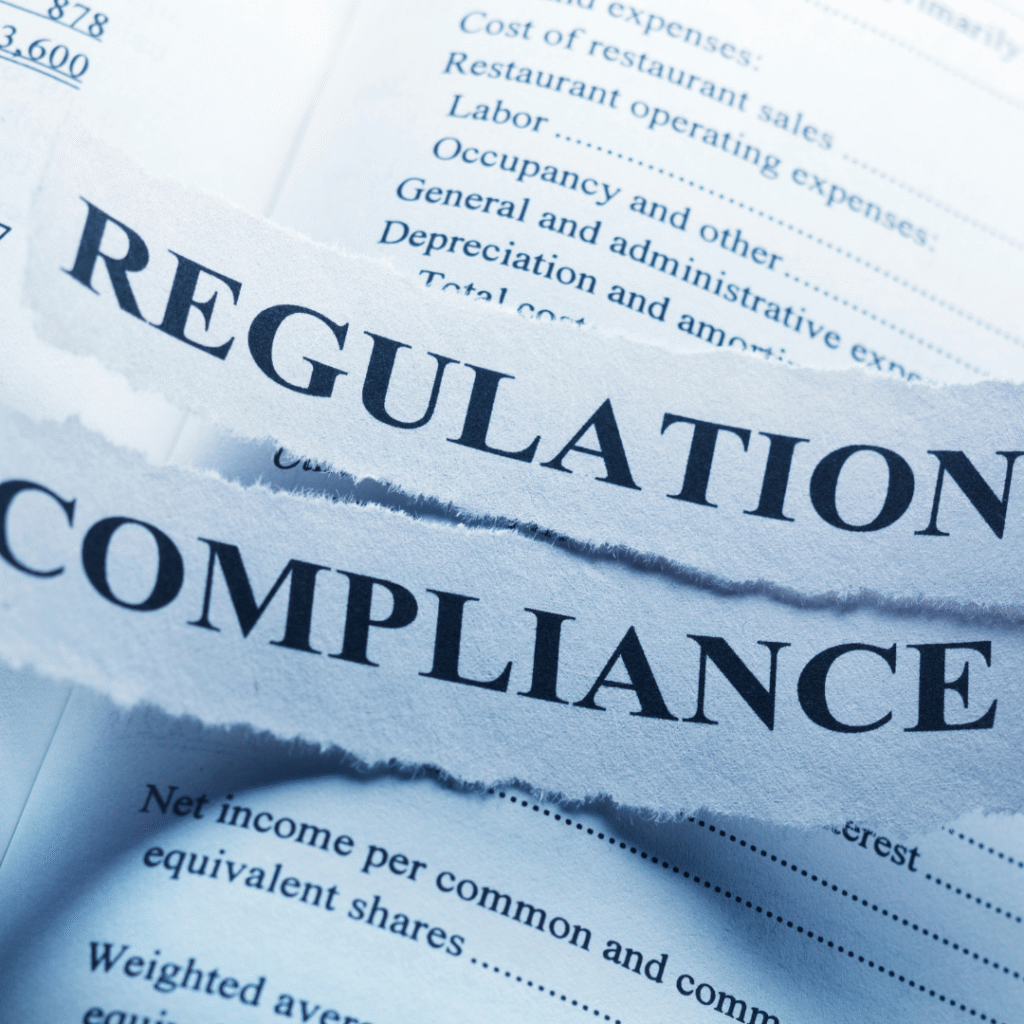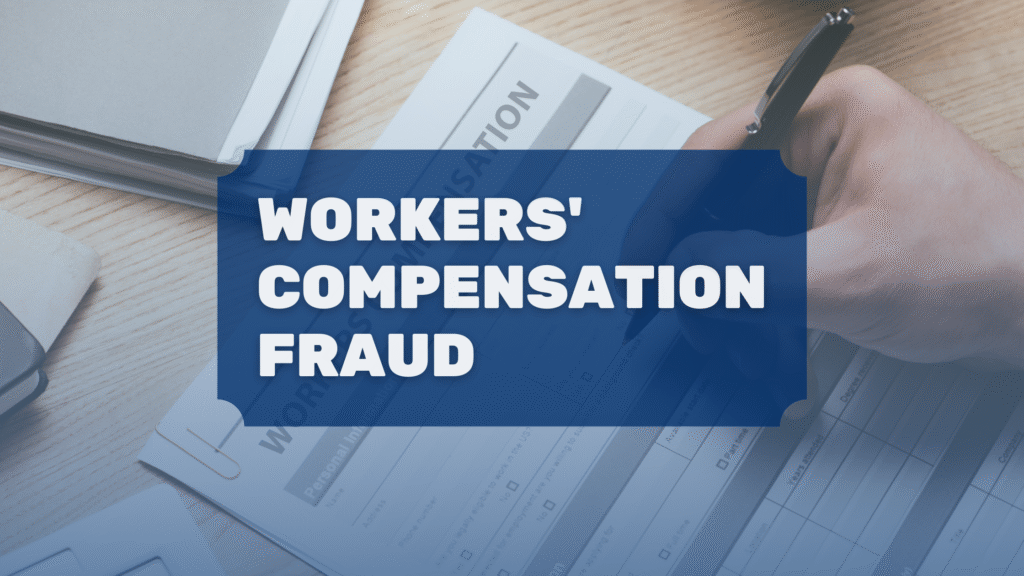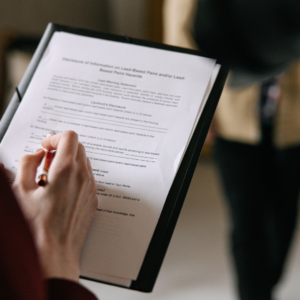September 8, 2025 | JacobiJournal.com — A divided Eighth Circuit panel has upheld a $27 million jury award against Travelers Insurance in favor of a Missouri apartment complex, marking a significant precedent in insurance litigation tied to environmental health hazards. The ruling hinged on expert testimony that carcinogenic soot was present, creating liability for the insurer.
Federal Court Makes ‘Erie Guess’
Because Missouri courts had not yet addressed this specific insurance dispute, the Eighth Circuit made an “Erie guess” — a legal method used by federal courts to predict how a state’s highest court would rule in the absence of controlling precedent. In doing so, the appellate judges sided with the apartment complex, affirming the jury’s substantial award.
Expert Testimony Central to the Case
Travelers had argued that the apartment complex failed to prove damages tied to soot exposure. However, the panel determined that expert testimony was sufficient to establish that carcinogenic particles were present, making the insurer liable for coverage. This decision underscores the growing importance of scientific and environmental evidence in large-scale insurance disputes.
Broader Implications for Insurers
The ruling may have far-reaching consequences for insurers facing claims tied to fire residue, toxic substances, and environmental contamination. Legal analysts note that the Eighth Circuit’s affirmation demonstrates courts’ willingness to rely on expert testimony even in the absence of clear state-level precedent. This could encourage more property owners to pursue claims when insurers attempt to deny coverage for environmental hazards.
For official court documentation, readers can access the Eighth Circuit Court of Appeals opinions on the U.S. Courts website.
FAQs: Eighth Circuit Insurance Ruling
What was the dispute about?
An apartment complex claimed its property was contaminated by carcinogenic soot, leading to a jury award of $27 million against Travelers Insurance.
Why is the “Erie guess” significant?
It shows how federal courts predict state law when no precedent exists, setting an influential example in insurance litigation.
What role did expert testimony play?
The court found expert testimony about the presence of carcinogenic soot sufficient to support the jury’s verdict, despite the insurer’s objections.
How does this ruling affect future insurance cases?
It strengthens the role of scientific evidence in coverage disputes and signals that courts may favor policyholders when insurers challenge environmental damage claims.
Stay ahead on legal accountability and insurance litigation by subscribing to JacobiJournal.com.
🔎 Read More from JacobiJournal.com:
- New Bedford Couple Charged in 2025 Insurance Fraud Scheme
- Former Tehama County Correctional Officer Sues County Over False Fraud Accusations
- Girardi Co-Attorneys Lose Appeal on Elder Abuse, Fiduciary Duty Claims
- Pennsylvania Hospital Fraud Suits Blocked by $19M Deal, Court Rules
- Allstate Targets $125K Fraud Scheme with RICO Lawsuit





